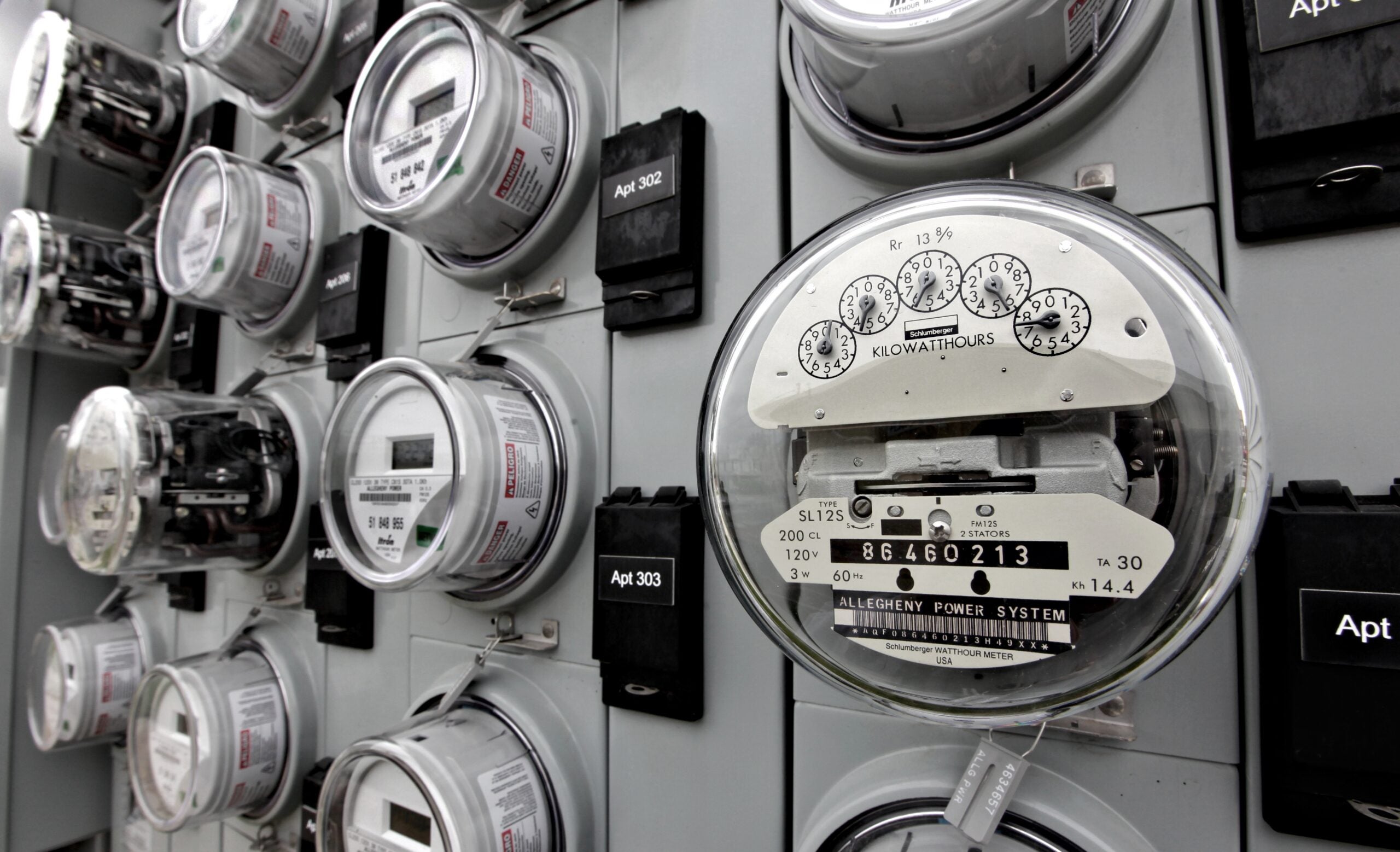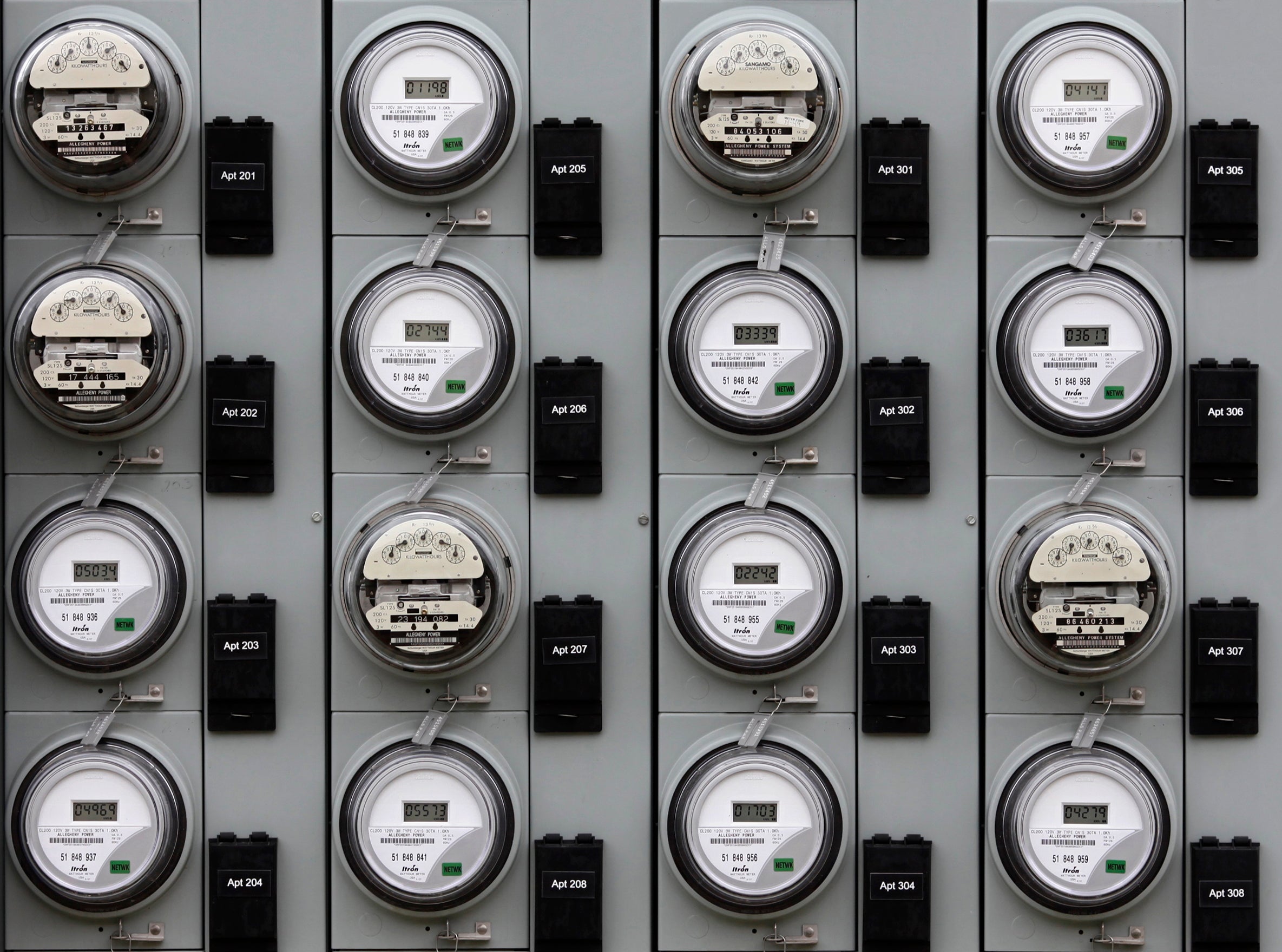In Wisconsin, residential customers can’t lose heat or water service right now under rules put in place for winter and the COVID-19 pandemic.
Regulators at the Wisconsin Public Service Commission, or PSC, have blocked disconnections through April 15. But scammers are hoping customers don’t know that.
On Feb. 2, a Madison Water Utility customer told the agency she got a call from someone who threatened to cut off her water service for not paying her bill. She had, and the utility posted a scam alert on social media to warn others.
News with a little more humanity
WPR’s “Wisconsin Today” newsletter keeps you connected to the state you love without feeling overwhelmed. No paywall. No agenda. No corporate filter.
SCAM ALERT! We’ve gotten word that someone is calling people posing as a Madison Water Utility employee and threatening to shut off customers for late payments. We *never* shut off water for non-payment. If you think you’ve been scammed, contact @madisonpolice pic.twitter.com/SQt4N3Eg0F
— Madison Water (@MadWaterUtility) February 2, 2021
“We never shut off water for nonpayment, but I think there are people who are looking to take advantage of uncertainty related to the pandemic, like job loss. So they’re betting if they call someone and say, ‘Hey, you’re late on your bill, give us some money or we’re going to shut you off,’ chances are they may be late on their bill and they would pay that money,” said former Madison Water Utility spokesperson Amy Barrilleaux.
The Wisconsin Department of Agriculture Trade and Consumer Protection has received a total of roughly 40 complaints in the last two years related to scammers who claim to be from a water, gas or electric company and threatening to cut off service, said DATCP spokesperson Kevin Hoffman.
Utilities can’t disconnect residential service right now for water, gas or electric. But they can charge late fees which were temporarily stopped from March 24, 2020, to July 14, 2020.
Late fees are limited in the state of Wisconsin. Depending on which utility it is, it is either a one-time 3 percent charge or a 1 percent late fee for every billing cycle.
Customers should try to set up a payment plan if possible; that puts late charges on hold, says Kristi Nieto, an administrator of digital access, consumer and environmental affairs with the Public Service Commission.
In Madison, 6 percent of water utility customers were behind in paying their bill as of Jan. 31, officials said.
Pandemic Turns Process On Its Head
In a normal year, utilities that provide services used for heating would file plans with state regulators in the fall to reconnect customers who haven’t paid their bills. This year, it’s just the opposite: utilities have until Feb. 15 to tell the PSC if they intend to disconnect unpaying customers when the winter and pandemic moratoriums end.
Some utilities have already submitted disconnection plans to the PSC. That information will be available in March, Nieto said.
At a PSC meeting in October, before the moratorium preventing service shutoff was extended, commissioners said 83 water utilities submitted plans seeking to disconnect an estimated 2,513 residential customers for nonpayment in November 2020.
At the time, new cases of COVID-19 were surging. Public health officials have stressed the importance of hand-washing and social distancing to prevent spread of the virus, something commissioners noted.
“Water service forms the foundation for basic hygiene practices, including hand washing, needed to prevent the spread of disease and support overall human health. Electricity and gas services in homes allow residents to stay in their homes and abide by social distancing guidelines to avoid increased spread of COVID-19,” the commission wrote.
Disconnections of electricity and gas are always forbidden during the winter months in Wisconsin, but water was added to the list in March when Gov. Tony Evers issued an emergency order that temporarily suspended late fee charges and prevented service disruptions.
The PSC then extended the moratorium several times, pushing it further into the future as the pandemic continued.
Wisconsin Public Radio, © Copyright 2026, Board of Regents of the University of Wisconsin System and Wisconsin Educational Communications Board.



